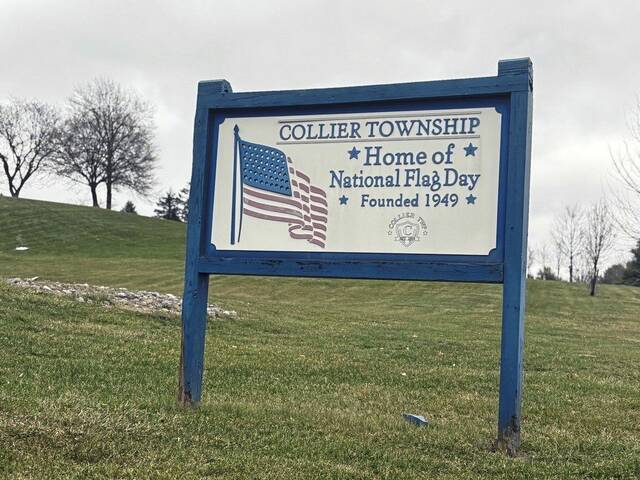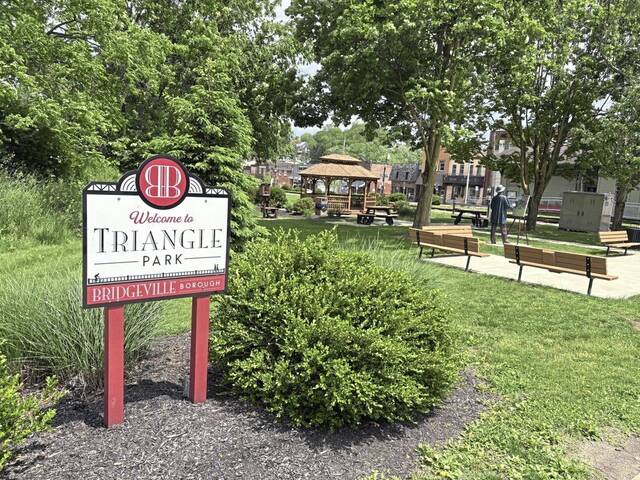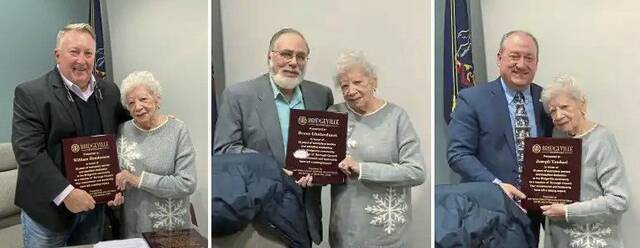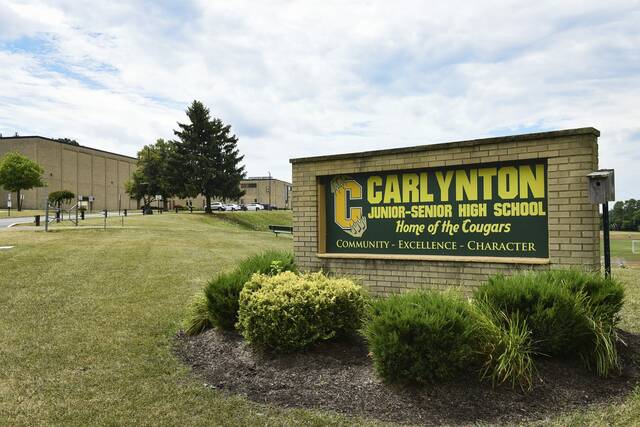A Commonwealth Court judge on Wednesday granted a preliminary injunction to halt a statewide bridge-tolling project, saying that the plan likely violates state statutes and impacts local communities that PennDOT failed to consult.
The ruling came in response to a suit filed by several municipalities that objected to tolling on the Interstate 83 Bridge in Cumberland County as part of the state’s major bridge initiative.
A spokesperson with PennDOT said Wednesday evening that they were reviewing the opinion.
Three Allegheny County municipalities, including Collier, Bridgeville and South Fayette, filed a similar lawsuit in November to stop the tolling project on I-79 that goes over Route 50.
The projects are part of PennDOT’s larger Pathways Bridge Public-Private Partnership (P3) which includes plans to replace or revamp up to nine bridges across the state at a cost of more than $2 billion.
To cover the cost of revamping those bridges, PennDOT proposed imposing tolls on them.
However, municipalities impacted by the tolling have filed suit, claiming that the state failed to follow the proper procedures in designing and implementing the program.
An order issued by Commonwealth Court Judge Ellen Ceisler prohibits PennDOT from taking any further action with respect to the Major Bridge P3 initiative or the I-83 project. That includes conducting studies, hearings or meetings, design development, right-of-way acquisition, tolling, construction or expenditure of any funds.
In the case decided Wednesday, Cumberland County, as well as the boroughs of Camp Hill, Wormleysburg, Lemoyne and New Cumberland, as well as Lower Allen, East Pennsboro and West Hanover townships filed suit over the I-83 Bridge tolling project.
They argued to the court that PennDOT’s proposed tolling, which would last for 30 years, would caused 22% of daily traffic to divert to other bridges and local roads that are already congested.
That traffic diversion, they said, would cause damage to existing roads, increase congestion, negatively impact businesses and result in increased infrastructure costs for the municipalities. Further, they said it would disproportionately impact low-to-moderate income drivers.
As part of the complaint, the municipalities sought an injunction to halt the project. They claimed in their court filings that when the P3 board approved the initiative, on Nov. 12, 2020, no specific bridges were identified and instead the board voted on a “vague” resolution.
Other complaints raised by the municipalities included that the board never made a finding that the initiative is in the best interest of the commonwealth as required by law and never consulted with affected municipalities.
PennDOT, in its argument to the court, said that the municipalities lacked standing to bring their complaint, and that they have no active claim because any potential impact from the tolling project hasn’t occurred yet.
The court heard argument on the matter on April 25.
The judge’s ruling
In her opinion, Ceisler wrote that the municipalities involved do have standing to state a claim because they have both a substantial and direct interest in the matter.
Further, she said that the petitioners were denied their procedural interests when PennDOT approved the initiative without consulting them, and that it was a violation by the board in not identifying specific bridges in the initiative.
“[The Act] plainly requires this consultation to precede approval: the Board’s duty is to consult with those affected by ‘proposed’ transportation projects, not projects already approved,” Ceisler wrote. “All evidence in the record points to the conclusion that the board did not consult with affected persons before approving the initiative; instead, it (or, more accurately, [PennDOT]) purported to do so afterward, once specific bridges were announced.”
Ceisler also found that the board never documented any finding that the initiative is in the best interest of the commonwealth as required by law.
“At best, the board’s interest determination is implicit; at worst, the board failed to make any finding at all,” the judge wrote. “The board essentially approved a massive multi-billion dollar infrastructure initiative on an admittedly meager record, consisting of a 4-page recommendation from [PennDOT], a presentation, and minimal discussion, and without understanding which, or how many, pieces of public infrastructure the initiative would affect.”








